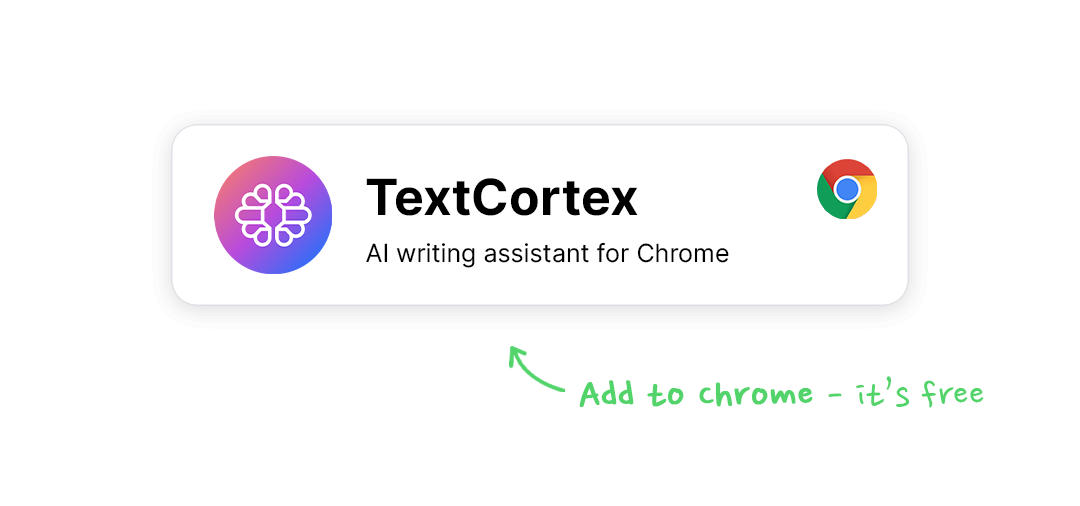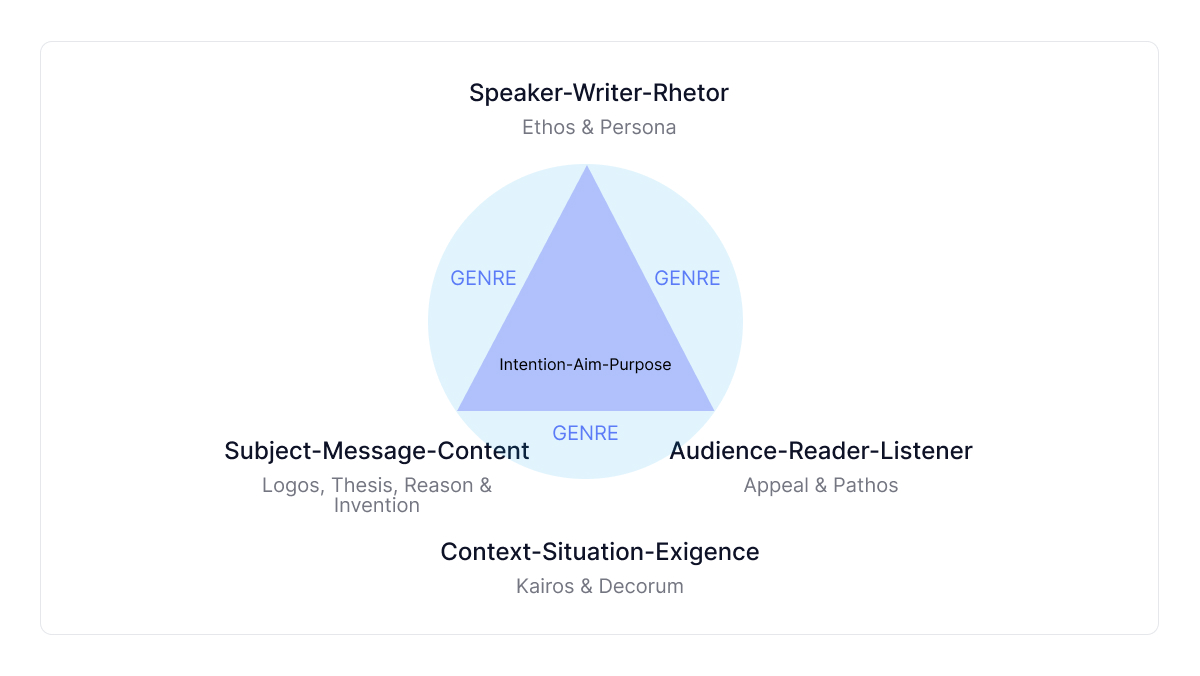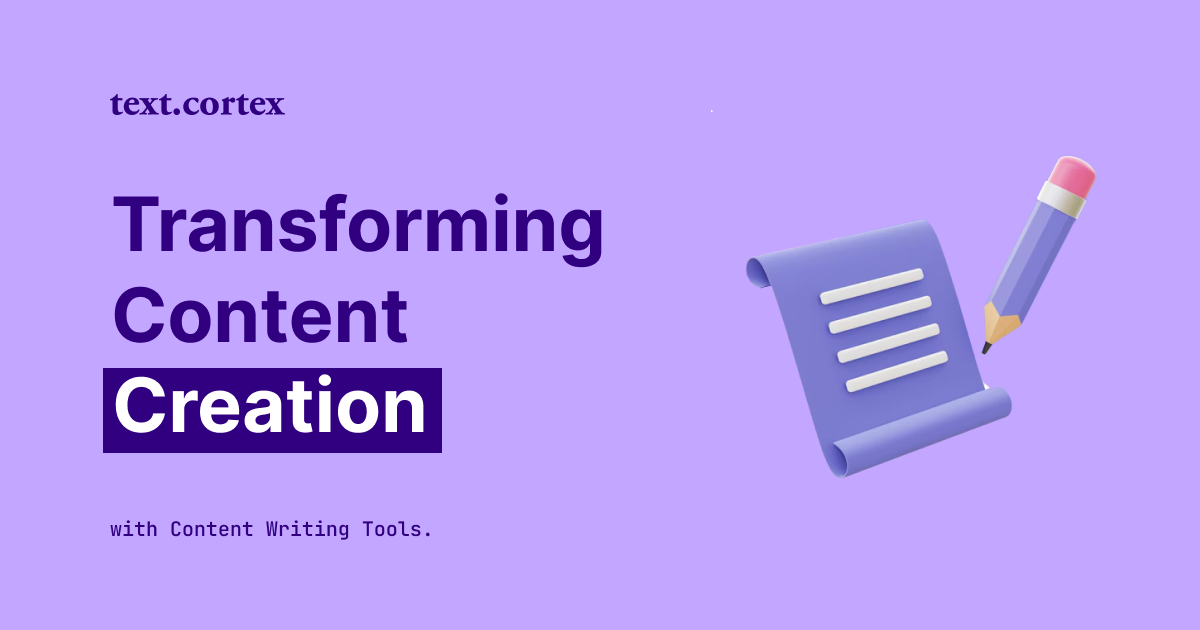Are you thinking about improving your articles by providing more meaningful and compelling content to your readers, but you are unsure how?
If you are a blogger, there is one goal your articles must achieve to become attractive enough for readers to read it until the end.
Elicit the appropriate emotion.
And one of the most effective ways is including rhetorical questions in writing.
Doesn’t make any sense?
Well, rhetorical questions are a well-known technique that can assist you in creating engaging content that efficiently hooks and keeps readers' attention.
And to find out how that is related to evoking emotions with your audience, we will today talk about rhetorical questions and should you employ them in your writing.
Let's dive in!🌊
What Are Rhetorical Questions And Effects Of Using Them
A rhetorical question is a type of question that doesn't expect or require an answer.
They are non-answerable questions to invoke the reader's response, such as empathy, with questions like:
“How would you feel if someone talks bad about you?'”or, more obviously,
“You would feel bad if someone talks bad about you, wouldn't you?”

Why would you ask questions like this?
Unlike ordinary questions that require answers in the form of information, rhetorical questions often have the purpose of persuading readers to agree with a particular point of view.
By agreeing with that point of view, or not, they are already hooked to read your text further.
Different types of rhetorical questions
There are several types of rhetorical questions, but we will point out the three primary ones:
1. Anthypophora
Anthypophora is a rhetorical question that requires no answer from the reader, followed by the answer.
You can use it to deflect criticism by asking questions the critics might ask and then responding with an answer.
For example:
"Am I asking you a question now?" Yes.
"Do I expect the answer?" No.
2. Erotesis
Erotesis is a rhetorical question that strongly implies an answer, whether this is agreeing or disagreeing, and usually has an answer hidden inside of them.
We often see this type of rhetorical question in speeches and other persuasive writing.
Example:
"Wouldn't it be lovely if everybody was always kind to each other?"
3. Epiplexis
Epiplexis is a rhetorical question that aims to make the audience feel bad or to change their opinion.
Epiplexis revokes the credibility of a particular fact or point of view.
Example:
"How could you think big revenues come with no effort?"
"Why would you risk your health for a bit of pleasure that cigarettes provide?"
Common effects of rhetorical questions
The main idea behind rhetorical questions is to provoke certain emotions and engage the reader while he follows through with the content.

Here are the most common effects of using them:
- Raise doubt
- Emphasize the idea
- Encourage reflection
- Point out flaws
- Make listeners to question how they feel
- Involve the audience in the conversation
Rhetorical questions are a compelling, persuasive device which is why we often see them in formal speeches and informal writing.
Let’s check some more specific examples that we can often see in articles.
How Do You Create A Rhetorical Question?
When creating rhetorical questions, you must come up with something you are confident or passionate about.
That will help you generate them properly and achieve a desirable effect of making readers think about that topic.
Next, you will need to use rhetorical tag questions — questions that force the reader or audience to agree with you.
The easiest way to write a rhetorical question is by forming a question right after a statement to mean the opposite of what you said or to transform statements into questions.
- "Is the sky blue?" The sky is blue.
- "The sky is blue, isn't it?"
- "Do we need air for breathing?" Yes, we do.
- "Air is necessary for breathing, isn't it?"
Moreover, if you want to use a more profound approach to writing them, you can use Aristotle's rhetorical triangle.
It consists of three corners of the triangle that include:
- Ethos (Writer) — establish credibility and authority to build trust.
- Pathos (Audience) — evoking emotion by connecting with your audience's values and interests.
- Logos (Context) — appealing to the intelligence of your audience with well-constructed and argued ideas.

If you utilize the three corners of the Rhetorical Triangle, you'll be able to position your points in a way that your reader (or listener) will understand and accept.
By devoting effort to learning the art of rhetoric, you will improve your communications' credibility, power, and impact.
What Is The Point Of Rhetorical Questions In Writing?
Rhetorical questions are a helpful technique in persuasive writing designed to speak directly to the reader.
They are:
- Effective in catching a reader's curiosity, making them think about the question and their response to it.
- Designed to emphasize the overall idea about something so obvious.
- Powerful but often overlooked technique for adding a wide range and sense of style to your writing.
- A tool that you can use to explain or narrow down something to the reader while creating a dramatic effect.
They are relevant because they make your writing much more enjoyable to the reader.
Let's take a look at some practical ideas for putting them to use:
1. Mock someone’s argument
For example, when trying to make someone's idea sound ridiculous, you often hear rhetorical questions like this:

Here, the rhetorical question serves its purpose — to create a sarcastic tone to make the other person reconsider his beliefs about the practice in general.
That doesn't mean you should insult, but rather challenge the reader's knowledge about the subject, which is a good and robust way to win them over and influence engagement.
2. Influence re-thinking and reflection
We can all reflect on this Max Lucado quote:

Here, the rhetorical question invites the audience to pause for a moment and think about what would life without fear be like.
There is no answer to this question, but the opportunity that this rhetorical question offers is enormous.
In this example, you are welcome to present your idea while creating invisible unity and togetherness about something that bothers us all — fear.
3. Motivate your audience to act
Rhetorical questions are an excellent way to move your audience to do something about the information you are providing.
Kailash Satuyarti, a former Indian social reformer who campaigned against child labor, once said:

This form of a rhetorical question motivates people to take action and be aware that it is important to reflect and do something about the issue immediately.
When you want to point out something significant, engaging your readers while reading your content is crucial.
Otherwise, your content will remain just that: pieces of text on the white paper.
To get the most out of your content, use rhetorical questions to reveal the unknown, make a point, or subtly influence the reader.
Examples Of Rhetorical Questions?
We all have experiences or encounters that stir our minds and hearts, and sometimes it can be challenging to articulate them.
Rhetorical questions attempt to help you with that, whether you ask those questions to yourself or your audience.
The purpose of writing is to communicate. Thus, it is vital to understand how to write to portray ourselves or others effectively.

Some examples of rhetorical questions in writing:
- "What makes you different?"
- "What is one thing you wish you knew before you made that move?"
- "What's the worst that could happen in your life?"
- "How are people who don't know you treating you?"
- "Why do good things come to you and bad things go away?"
- "What motivates you?"
- "How are you most likely to make a successful career?"
- "How did your job evolve?"
- "What would you love to know about yourself?"
- "What are the two most difficult things for you to face in life?"
- "What are a few things in life that always give you butterflies?'
- "What are you doing that nobody else is doing today?"
We use rhetorical questions to challenge something, such as lack of effort, and to encourage readers to take our point of view under consideration.
Now, since you know what they are, it is a perfect time to learn how to create them.
Should You Use Rhetorical Questions In Your Writing?
Absolutely yes.
Rhetorical questions are essential in online writing because they allow you to communicate with your readers easily.
They add a personal touch to your content and give your audience the impression that you speak directly to them.
As in any other communication, interaction is the essence, so why not use any help you can get to keep your readers interested in your article?
And to make things sweeter, even AI technologies utilize such an approach when automatically generating compelling content for your blogs.
So, let me ask why you think that is the case? Because interaction is a ground rule of natural and human-sounding creation.
You don’t believe it? Fair enough, I will show you.
TextCortex is a use-case module-based AI writing tool designed to generate human-like output using machine learning processes and complex algorithms.
Using it, you can generate:
To craft creative and plagiarism-free output, TextCortex’s AI writers rely on more than 3 billion best use-case practices from our knowledge base.
That means our algorithms don’t use the internet to generate content like GPT-3, but carefully selected and well-crafted content that humans write.
Again, that also means that you will have rhetorical questions involved in the AI generated output anyway.
Why? Because it is one of the best use-case practices, simple as that.
How does it work?
You can use TextCortex as a web application or as a writing extension.
To generate your blog posts, for example, you need to:
- Download browser extension and enter any textbox online
- Write a few-word idea, highlight the text and hit "Long-form post"
Moreover, if you need AI assistant on the spot where your cursor is, use our rewriter extension to:
- Rewrite sentences for better tone and context.
- Create blog posts from a single sentence.
- Extend your text for more details.
- Shorten the original content.
- Use bullet points to create cold emails.
- Autocomplete your sentences.
The best part is that you can try it for free anytime and get 10 free creations at start, and you can win more by referring it to a friend via Google reviews.
Sign up today to see how TextCortex improves your writing skills while increasing the readability and engagement of your content with each creation.


.jpg)

